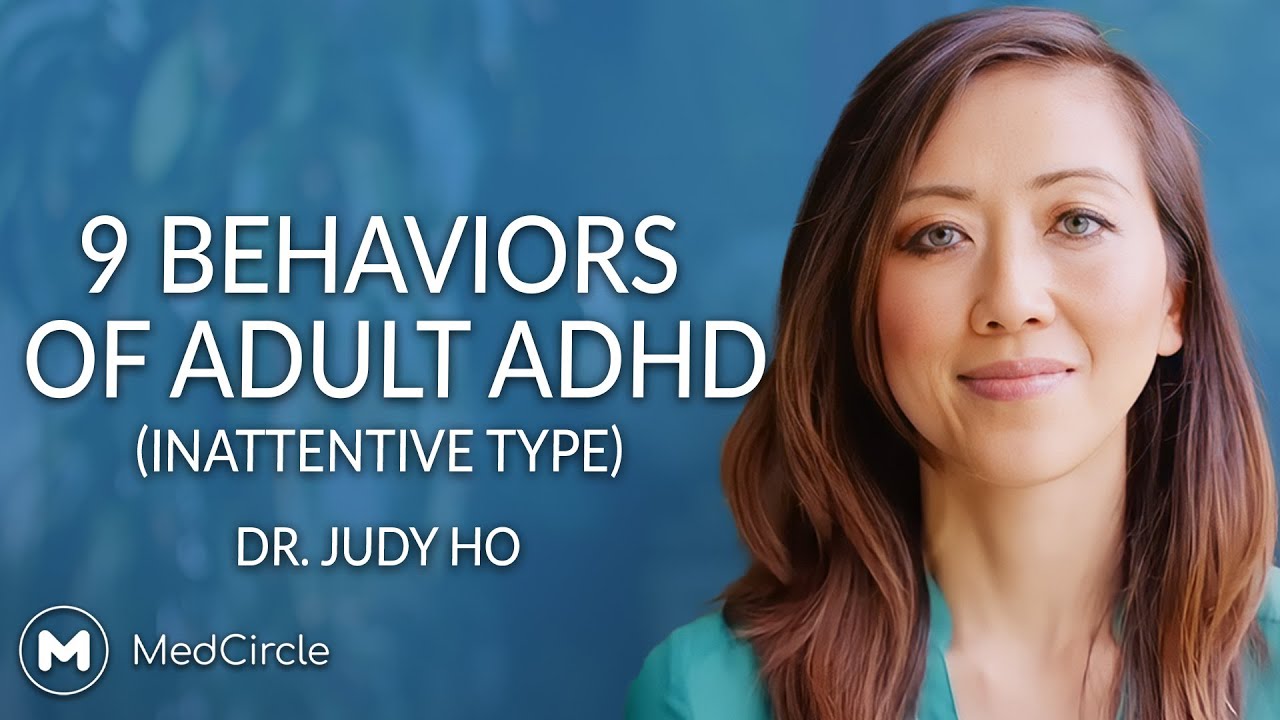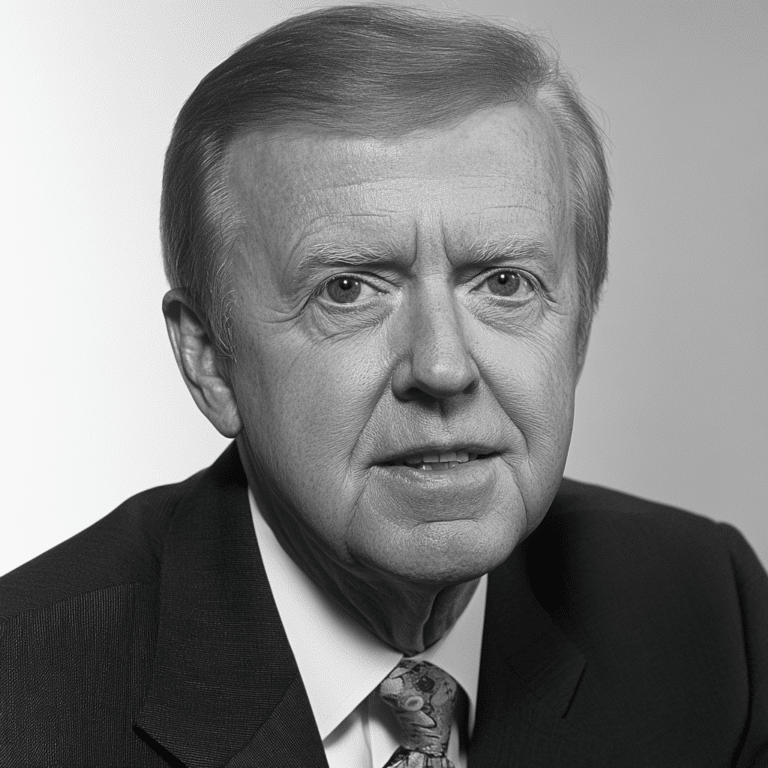Attention Deficit Hyperactivity Disorder, or ADHD, isn’t just a childhood issue. Increasingly, we’re recognizing that ADHD in adults is a pervasive problem, with far-reaching impacts on daily life, careers, and personal relationships. Sadly, misconceptions abound around this condition, often leading to stigma, misunderstanding, and a lack of support. Conservative values emphasize personal responsibility and recognizing the truth in all situations, so let’s delve into the realities of adult ADHD. It’s time to challenge the narratives pushed by the left and start a robust conversation that empowers American citizens.

Understanding ADHD in Adults: A Comprehensive Overview

1. The Prevalence and Misconceptions of ADHD in Adults
First things first: misconceptions run rampant when it comes to ADHD in adults. Many people believe it’s strictly a childhood issue, often overlooking a significant portion of the adult population living with it. A shocking 4.4% of adults in the U.S. reportedly struggle with ADHD, yet only a fraction are diagnosed or even recognized. Stereotypes persist that portray adults with ADHD as lazy or irresponsible, but the truth is far more nuanced.
Over the years, conversations surrounding ADHD have evolved, spurred by the testimonies of adults who grapple with the disorder every day. These realities shine a light on the impact of societal views and the importance of education and awareness. We can’t depend on conventional narratives pushed by the mainstream media to offer support or empowerment to those with ADHD.

2. Top 7 Shocking Truths About ADHD in Adults
Let’s dive into the shocking truths about ADHD in adults that everyone needs to know.
With the CDC reporting that nearly 4.4% of adults in the U.S. have ADHD, it’s clear that we can’t ignore this issue. It significantly affects daily life, from concentration lapses to difficulties in completing tasks on time. The individual experiences range widely, affecting everything from work productivity to social relationships.
Research shows that adults with ADHD often experience anxiety, depression, and substance abuse at higher rates than their peers. A study published in the Journal of Clinical Psychiatry found that around 60% of adults with ADHD face mental health challenges that compound their daily struggles.
Untreated ADHD can lead to decreased financial stability due to difficulties in maintaining employment or managing responsibilities. A report from the American Journal of Psychiatry highlighted how adults with ADHD often report lower adjusted gross income, affecting their quality of life. Take the story of an entrepreneur who, despite their talent and creativity, battled productivity issues, which hindered their business for years.
Paired with ADHD, workplace challenges include disorganization and poor time management. Some companies are wise to this issue; they’re implementing flexible working hours and creating supportive environments. However, many Americans with ADHD still navigate these difficult waters without guidance.
Stigma prevents many adults from seeking the help they need, which often leads to a lack of understanding of their condition. Conservative values advocate for strong family support and an open dialogue about mental health, which are vital for making strides in advocacy and treatment.
Consider how legal changes like the no cash bail law in Illinois impact individuals seeking treatment. Lower-income adults with ADHD often struggle to access necessary care, amplifying the importance of policies that address economic disparities increasingly critical in modern conversations.
Thankfully, treatment options are advancing. Medications adapted for adults, alongside non-pharmaceutical interventions such as mindfulness practices and therapy, are helping people reclaim their lives. Programs that integrate these techniques show promise, fostering an environment conducive to healing.

3. The Financial Burden of ADHD: Guaranteed Minimum Income News
The impact of ADHD extends beyond mental health; it carries a significant financial burden. Adults coping with ADHD often face increased healthcare costs, a decline in earning potential, and a reduction in productivity. These factors can plunge individuals deeper into financial hardship, creating a vicious cycle.
Recent developments in guaranteed minimum income news offer a glimmer of hope. Regions across the U.S. are initiating programs aimed at providing consistent financial support to those in need. Such initiatives could change the landscape for adults with ADHD—giving them the breathing room necessary to pursue employment opportunities and access proper care without the looming stress of financial instability.

4. Supporting Adults with ADHD: Best Practices and Resources
So, how can adults manage ADHD successfully in today’s increasingly complex society? Simple strategies can lead to real change.
Empowering adults with ADHD means making tools and resources available while creating environments conducive to success.
5. Societal Changes: The Role of Tampons Without Metals and Publications on Gender Identity
Now let’s shift gears. The broader conversation on mental health intersects intriguingly with other societal issues. Discussions about products like tampons without metals, for example, reflect a growing holistic approach to health. Everyone deserves to prioritize their health, whatever aspects that might include.
Moreover, the discourse around puberty blockers in NHS England and various aspects of seasons of gender identity relates to the evolving understanding of mental health in society. Just as we advocate for inclusive conversations around gender identity, we must extend the same openness to individuals with ADHD in adults.
Through these interconnected themes, we’re shedding light on the realities of ADHD while pushing back against narratives that diminish personal experience. Engaging in these authentic discussions empowers individuals to seek help, confronting stigma and encouraging acceptance.
Understanding ADHD as a lifelong condition is pivotal for fostering an environment where people feel confident coming forward for help. Let’s challenge the fabrications presented by extremist movements and unite under the banner of truth and support. The conversation is just beginning, and it’s one worth having.
Embrace the facts, share your stories, and together we can build a more informed and supportive society for all Americans grappling with ADHD.
ADHD in Adults: Shocking Truths You Must Know
Fun Facts About ADHD in Adults
Did you know that ADHD in adults is often misunderstood? While folks usually think of it as a childhood condition, it can persist well into adulthood. According to recent studies, about 4-5% of adults have ADHD, and many struggle with day-to-day tasks, relationships, and even their careers. For example, Michael Mccaul once opened up about his own experiences with this condition, shedding light on how it affects decision-making and concentration, particularly in high-stakes environments.
Now here’s a weird yet fascinating fact: adults with ADHD often have a unique way of enhancing their focus. Some resort to physical activities like climbing a Jacob’s Ladder, which is an innovative workout machine that mimics the natural act of climbing. Not only does exercise help manage ADHD symptoms, but it also promotes overall wellness. And who knows? Maybe you could channel a little something from The Mule casts energetic performances while tackling your work tasks!
The Impact on Daily Life
ADHD in adults can throw a wrench in various aspects of life, from job performance to personal relationships. In fact, managing symptoms often requires forming strategies that consider nutrition too. For instance, recent discussions around magnesium For anxiety emphasize how this essential mineral can help reduce anxiety levels, which commonly coexists with ADHD. A little extra magnesium could very well be the missing piece in your daily routine! Just like asking yourself What channel Is The game on today, a simple dietary adjustment might make a world of difference.
Interestingly, the entertainment world has showcased the struggles of ADHD in adults as well. Take Sherilyn Fenn, for instance— her performances often reflect deep, nuanced characters that resonate with many who face everyday challenges, including ADHD. When such figures shine a light on the condition through their craft, it helps in breaking down stigmas. And as we ponder the global landscape, even the President Of South korea has navigated discussions around mental health, further highlighting the urgency of addressing ADHD in adults.






































